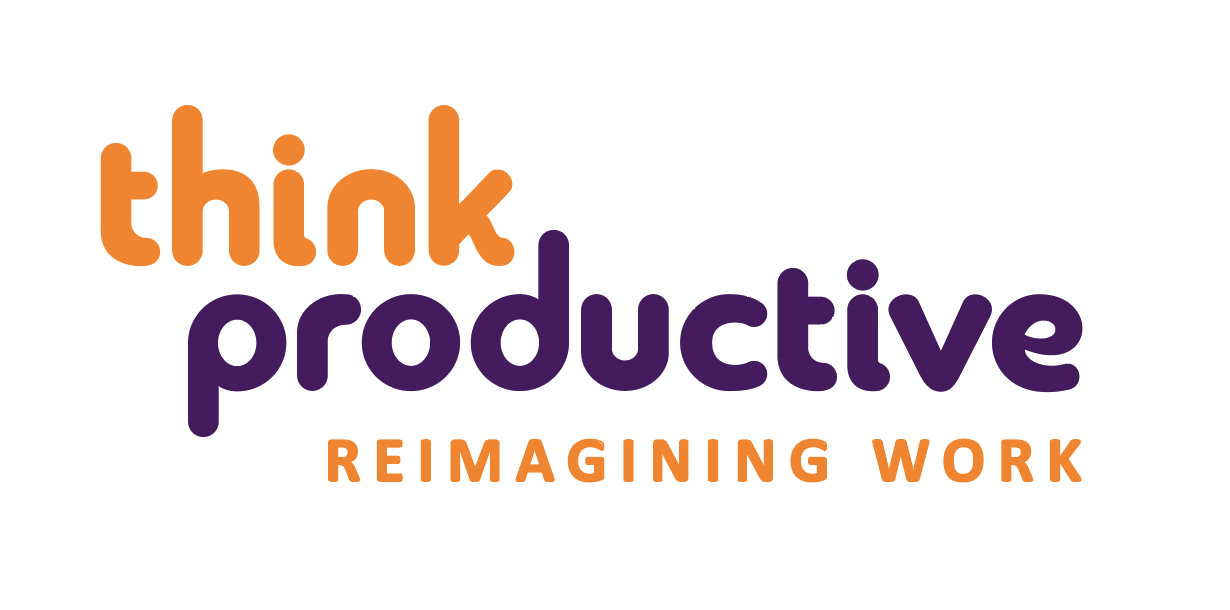In a previous post we covered some tips and tricks to help you be creative, whilst managing the day to day duties in your life. However, there are also ways you can integrate that creative thinking everyday to boost your productivity. Here are our top 3.
Think: “What would XXX do?”
This is one of the Ninja secrets. The exact problem you face at work today is a problem that someone in another industry faced yesterday and that someone else will face tomorrow.
 So just as we can model decision-making, we can also model innovation from elsewhere. Injecting some fresh thinking into a situation and trying to see the problem through the lens of someone in a completely different area of work can be a useful technique.
So just as we can model decision-making, we can also model innovation from elsewhere. Injecting some fresh thinking into a situation and trying to see the problem through the lens of someone in a completely different area of work can be a useful technique.
If, for example, you’re looking to communicate more creatively, why not ask yourself, “How would an advertising agency do this?” or, “How would Nelson Mandela tackle this?”, or if you need more method in amongst the madness, ask how a surgeon or engineer would approach the task. And, if you know people who do those kinds of jobs, call them up and ask for their perspective. You’ll be surprised how effective this kind of modelling can be.
Break the Rules
Whilst certain rules are worth upholding – and there are certain rules that would get you fired if you broke them – a Productivity Ninja approaches work with the mindset to focus on the end result first and work back from there. Questioning of rules, especially in relation to bureaucracy, is a great skill.
Remember that if the risk of serious repercussions is limited, it’s usually easier to apologise than to ask permission. There are times when we just need to show some leadership and crack on. Don’t be afraid to rip up the rulebook, especially if you can trash some tired old bureaucracy along the way.
Capture Your Thoughts
Image via waferboard on Flickr
One of the biggest keys to good attention management is staying one step ahead of our brains. It’s estimated that our brains have on average 65,000 thoughts per day, and whilst a good number of these are primitive things like, “Hungry. Need food”, or “That person walking along the street is hot”, we’re constantly evaluating and re-evaluating our work in our minds.
This means that,among other things, we’ll keep having the same thought over and over again rather than moving on and directing our precious, proactive attention onto focussed doing. This stifles our creativity and is plain inefficient!
You need to get the important thoughts out of your head, so set up a trusted system to store them – this might be a notebook, a dictaphone or an app on your phone – anything that you can rely on to have with you at all times, and store your thoughts and ideas safely.


